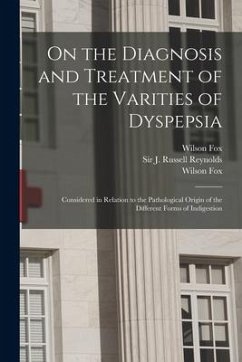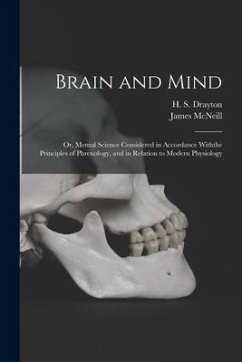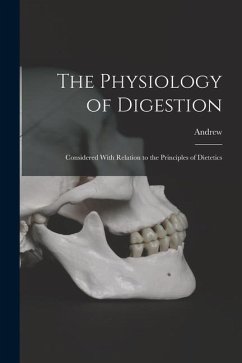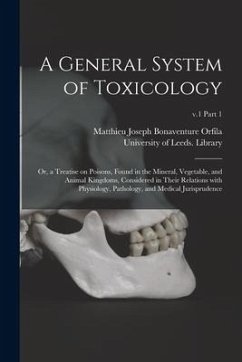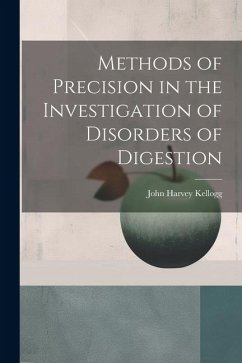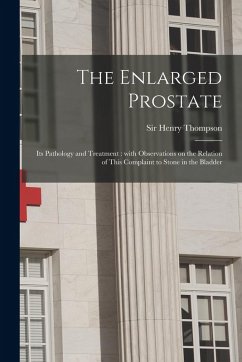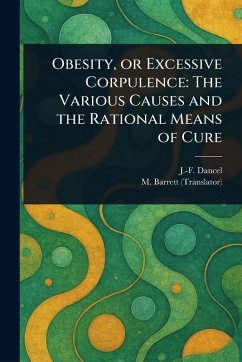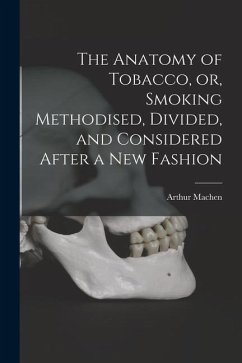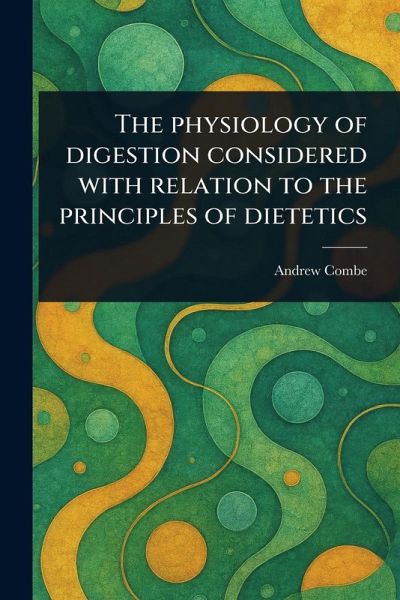
The Physiology of Digestion Considered With Relation to the Principles of Dietetics
Versandkostenfrei!
Versandfertig in über 4 Wochen
20,99 €
inkl. MwSt.
Weitere Ausgaben:

PAYBACK Punkte
10 °P sammeln!
Explore the intricate connection between digestion and dietetics with Andrew Combe's "The Physiology of Digestion Considered with Relation to the Principles of Dietetics." This meticulously prepared reprint of the second edition delves into the physiology of digestion, offering insights into nutrition and its impact on overall health. Combe's work examines the subject of digestion in detail, providing a historical perspective on diet and its principles. This book, categorized under Science and relevant to both medical and general health interests, explores the foundations of nutrition and phys...
Explore the intricate connection between digestion and dietetics with Andrew Combe's "The Physiology of Digestion Considered with Relation to the Principles of Dietetics." This meticulously prepared reprint of the second edition delves into the physiology of digestion, offering insights into nutrition and its impact on overall health. Combe's work examines the subject of digestion in detail, providing a historical perspective on diet and its principles. This book, categorized under Science and relevant to both medical and general health interests, explores the foundations of nutrition and physiology. It is a valuable resource for understanding historical perspectives on dietetics and the science behind how our bodies process food. A key text for anyone interested in the history of health, nutrition, and the body's digestive system. This work has been selected by scholars as being culturally important, and is part of the knowledge base of civilization as we know it. This work is in the public domain in the United States of America, and possibly other nations. Within the United States, you may freely copy and distribute this work, as no entity (individual or corporate) has a copyright on the body of the work. Scholars believe, and we concur, that this work is important enough to be preserved, reproduced, and made generally available to the public. We appreciate your support of the preservation process, and thank you for being an important part of keeping this knowledge alive and relevant.





